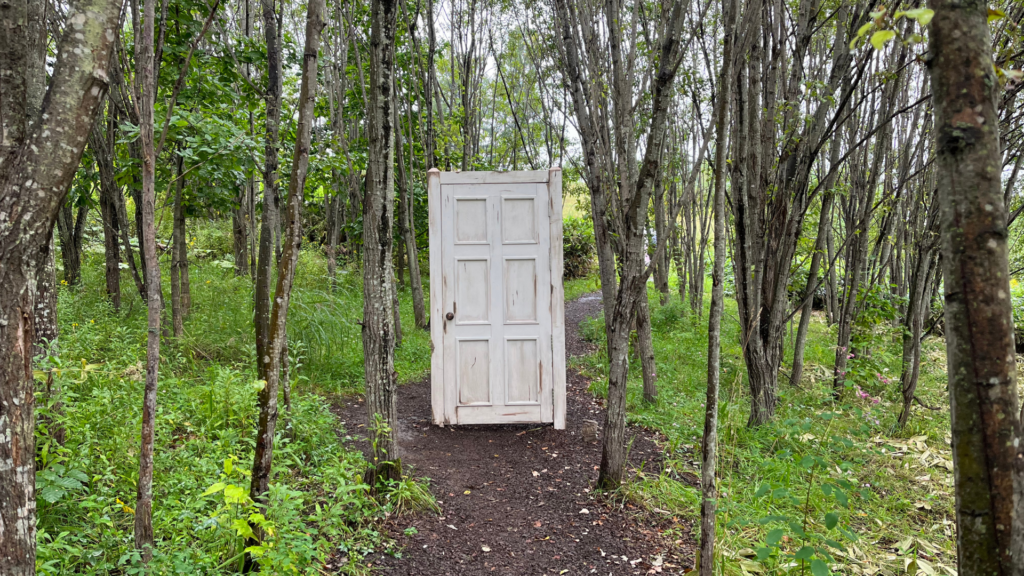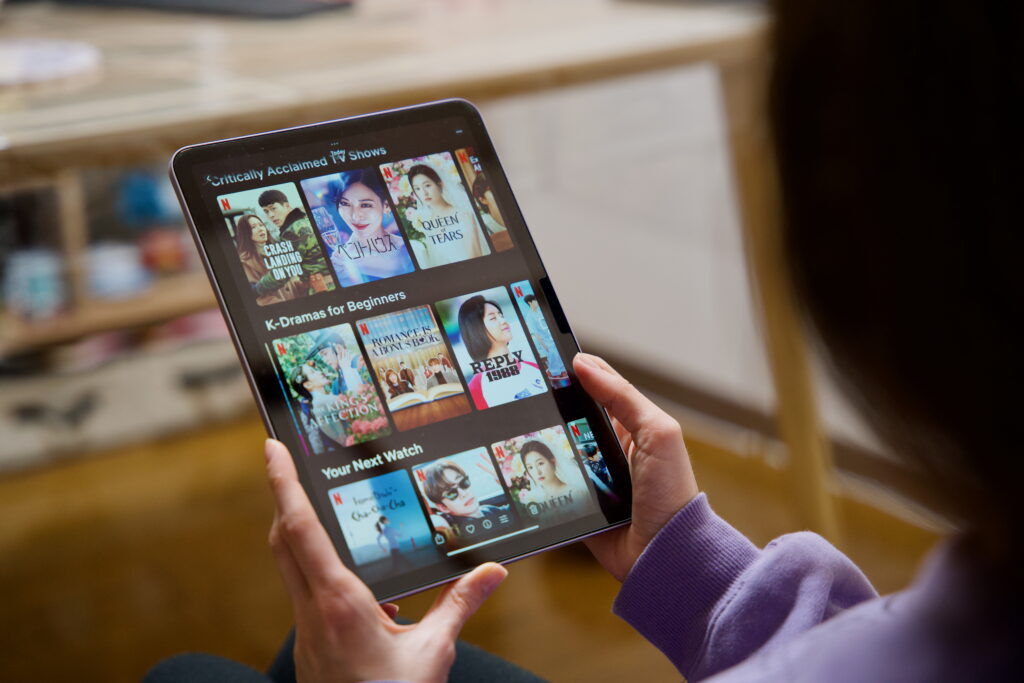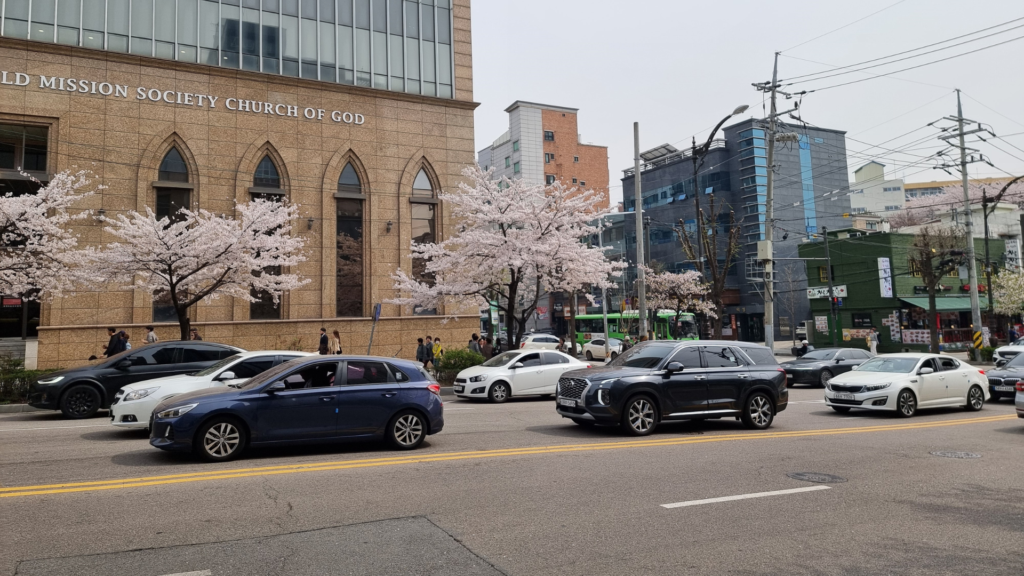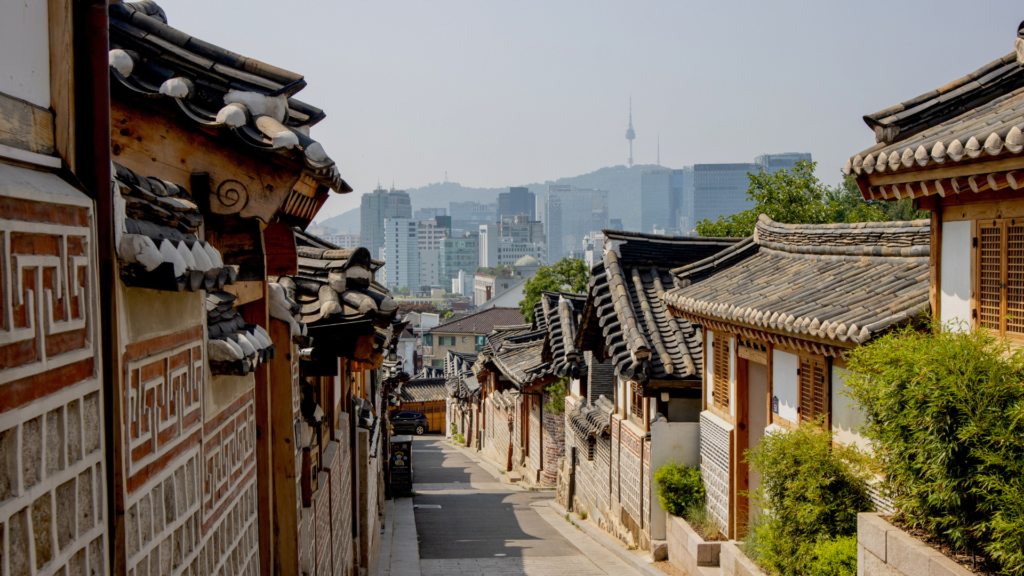“When in Rome, do as the Romans do”. That is exactly what many people expect from a trip, to learn about new cultures and ways of doing things. In Korea, the customs, as well as the language, are very different from ours, and you need to know what to expect before you get there. Here is a list of 10 things to know before you go to Korea.
What to know before you go to Korea

1. English VS Konglish
Unlike many other Asian countries, little English is spoken in Korea. For this reason, before you go to Korea, do not expect to find signs with information in English or staff in stores and public offices who speak English. It will be more common for them to speak only Korean, with a few small words of English. With the exception of Seoul, which is opening up a lot to foreign and domestic tourism, most of Korea is still very much rooted in traditional culture, so English is hardly spoken at all. You will have to do your best to learn Korean as soon as possible if you decide to live in Korea for a long time.
In addition to classical Korean, there is also Konglish, a word derived from the union of Korean and English. This is the case of language borrowings, or those words of foreign origin that are pronounced according to hangul, the Korean alphabet. Some examples are 커피 (keopi, coffee), 초콜릿 (chokollit, chocolate), 콜라 (kolla, Coca-cola) and 피자 (pija, pizza). After some time in Korea, you will naturally pronounce these words in Konglish instead of proper English.
2. Weather and seasonal events
Among the things to know before you go to Korea, there’s definitely the weather. Before leaving, it is good to keep in mind what season you are coming in and the relative temperatures. Winter in Korea is very harsh, between December and January we get below freezing, and it can snow. It is recommended to equip yourself and bring very heavy clothing if you will be in Korea during this time. Find more tips for dealing with winter in Korea here.
Just as it is very cold in winter, it is very hot and humid in summer. Summer humidity in Korea reaches 80% between July and August. Considering that you will be using public transportation, as well as moving around on foot, it is best to bring breathable clothes and be prepared for the scorching heat. On a positive note, air conditioning works perfectly in all public transportation or shopping malls, so you won’t suffer being indoors.
Differences in weather aside, both in summer and winter, as well as in the rest of the year there are continuous events around Korea. Many of these are seasonal events, such as the Boryeong Mud Festival, the cherry blossom viewing in spring, or the Winter Lighting Festival. Before you go to Korea, don’t miss the best of Korea’s annual events by reading this article.
3. Public transport and T-money card
Before you go to Korea, you should know that Seoul’s subway network is one of the busiest, but it is also among the best in the world. In general, Korean public transportation is very efficient and reliable, considering that it is the most popular way for citizens and commuters to get around. Getting around is even easier thanks to the use of the T-Money Card, a prepaid card used mainly for transportation. You pay an initial 2,500 won fee to get it the first time, and then top it up in the vending machines located at the stations with the amount you want. Good to note that only cash is accepted.
The card also serves as a vehicle pass, which can be activated and paid for either at machines or station offices, and can be used on subways, trains and buses across the country. In addition, T-Money is used as a reloadable card to pay at stores or convenience stores.
4. Respect for the elderly
The concept of social harmony and respect for others is very strong in Korea. In a special way, respect and care for the elderly are the basis of Korean society yesterday and today, and it is demonstrated every day. On public transportation, there are reserved seats for the elderly, the disabled, and pregnant women, which you will hardly see occupied except in such cases.
Respect for the elderly is also expressed in the language with which we refer to them, and no one allows himself or herself to deviate from this tradition. To know what are other rules of etiquette before you go to Korea, read here. Once in Korea, you will notice precisely how the elders are particularly strict if they think they are being treated disrespectfully. So watch where you sit on the subway, or you’ll risk a good lecture!
5. SIM cards and phone plans
Before you go to Korea, you should know that most phone companies are tied to long-term contracts (of 1-2 years), so if you are there to study Korean for a few months you may have trouble finding a SIM card. Generally, the SIM card most commonly used by tourists and short-term stayers in Korea is rechargeable, but that also has a time limit. Go! Go! Hanguk works with the Korean provider, for short-term and long-term contracts, and promotional offers for students who will use our service to study in Korea. Read more about Korean SIMs here and contact us for more information.
6. 24/7 Convenience stores
If you realize at midnight that you are short of milk for the next day’s breakfast, or you forgot to pick up some cash, fear not! In Korea, there are 편의점 (pyeonuijeom), chains of 24/7 mini-markets where you can buy every essential good. In addition to food and drinks, in fact, you can find household cleaning products, ATM services and photocopy machines. When you are in Korea, it will come in very handy. For example, when returning from a night out with friends, if you feel like a late-night snack, know that you can go to the 편의점 at any hour. Read our article to familiarise some words used in a pyeonuijeom before you go to Korea.
7. Toilet paper and trash cans
One of the things to know before you go to Korea is about toilets. In public toilets, or in some homes, you will find a large bin next to the toilet to flush used toilet paper, since in Korea you do not flush toilet paper down the toilet. The Korean plumbing system is not the best, and flushing toilet paper down the toilet will clog the drain.
In contrast, it will be more difficult to find garbage cans on the street, a precautionary measure to prevent anyone from throwing hazardous materials into them. Therefore, Koreans take their garbage away with them, throwing it at home or in some station trash cans. Convenience stores also have them, but they are reserved for customers who buy or consume food there so best to avoid them if you happen to pass by.

8. Korean street food
Korean street food, or “street food,” is world-renowned. Street food in Korea can be found everywhere, and it varies with the seasons. Among the most common and popular, among Koreans and non-Koreans alike, is tteokbokki (떡볶이), a dish of rice dumplings topped with a spicy sweet and sour sauce. Hotteok (호떡) is a griddled pancake filled with nuts and honey and fried potato skewer hoeori gamja (회오리 감자). There is something for everyone, and once in Korea you will want to try them all.
It may happen, then, that if you decide to go to Korea in some market the prices of the products on sale are not there. This is where you will have to pull all your expert trading skills to bargain for the best price. Of course, we advise you to do this in Korean so that you can communicate without difficulty, in English it would be impossible. Therefore again, before you go to Korea, remember to learn some basic Korean, it will come in handy!
9. Extreme skincare
Korean cosmetic products are now famous all over the world for their quality and effectiveness. Koreans, in fact, are very careful about caring for their bodies and skin in general and do everything not to ruin it with sun rays, smog or harmful products.
One example is beaches in Korea. If you get a chance, you will see that most Koreans at the beach do not wear the classic swimsuit for sunbathing, but actual clothes for the occasion: long-sleeved shirts, pants, caps, and so on, to prevent ultraviolet rays from ruining the skin.
The same is true in the city, when in summer (or already in spring), when the sun gets stronger you will happen to see many women using parasols to cover themselves, even if of rain there is no shadow.
Another expedient used by Koreans is face masks. Surgical masks are used in Korea to guard against other people’s bacteria or to keep others from passing them on when you are sick, but sometimes they are more of a fad to cover your face without makeup or to protect your skin in general.

10. Noraebang and soju
Among Koreans’ favorite leisure activities are evenings at the noraebang, karaoke in Korea, and drinking soju with friends. The noraebang is not like karaoke abroad, where you sing in front of everyone, but is a building with small private rooms on several floors, which you can rent as a group, for a limited time. That way you can choose the songs you want and sing them at the top of your lungs with whomever you want.
Soju, on the other hand, is a Korean distillate made from rice, barley or wheat. Seemingly harmless, the alcohol content of soju ranges from 14 percent to 45 percent, so be very careful when your glass is filled by your friends. Let’s say that drinking this kind of alcoholic beverage in Korea is a typical custom for Koreans to socialize, and let go of inhibitions. With the bottle of soju you will have a love-hate relationship, we can assure you! Learn more about Korean drinking culture here.
Now that you have a better idea of what to know before you go to Korea, it’s time to pack your suitcase. In our articles on Korean trivia and what to pack you can find some other useful information.
If you want to study in Korea check out our website or visit our Study Trips page for a short trip that includes Korean language courses, cultural activities, and lodging for a complete experience.




